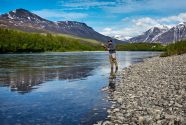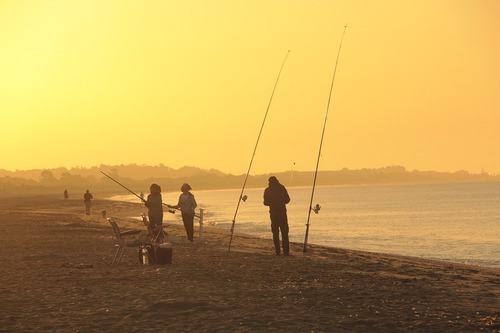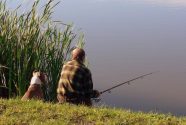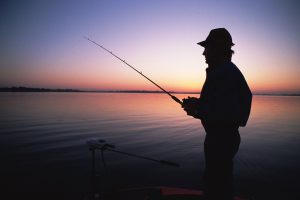
Staying Safe When Fishing
Whether you’re a freshwater angler or a sea fisherman, your hobby is not wholly without risk. In that respect, it’s no different to other pastimes. Regardless of the environment, there are often hazards to be aware of. This article discusses some of them.
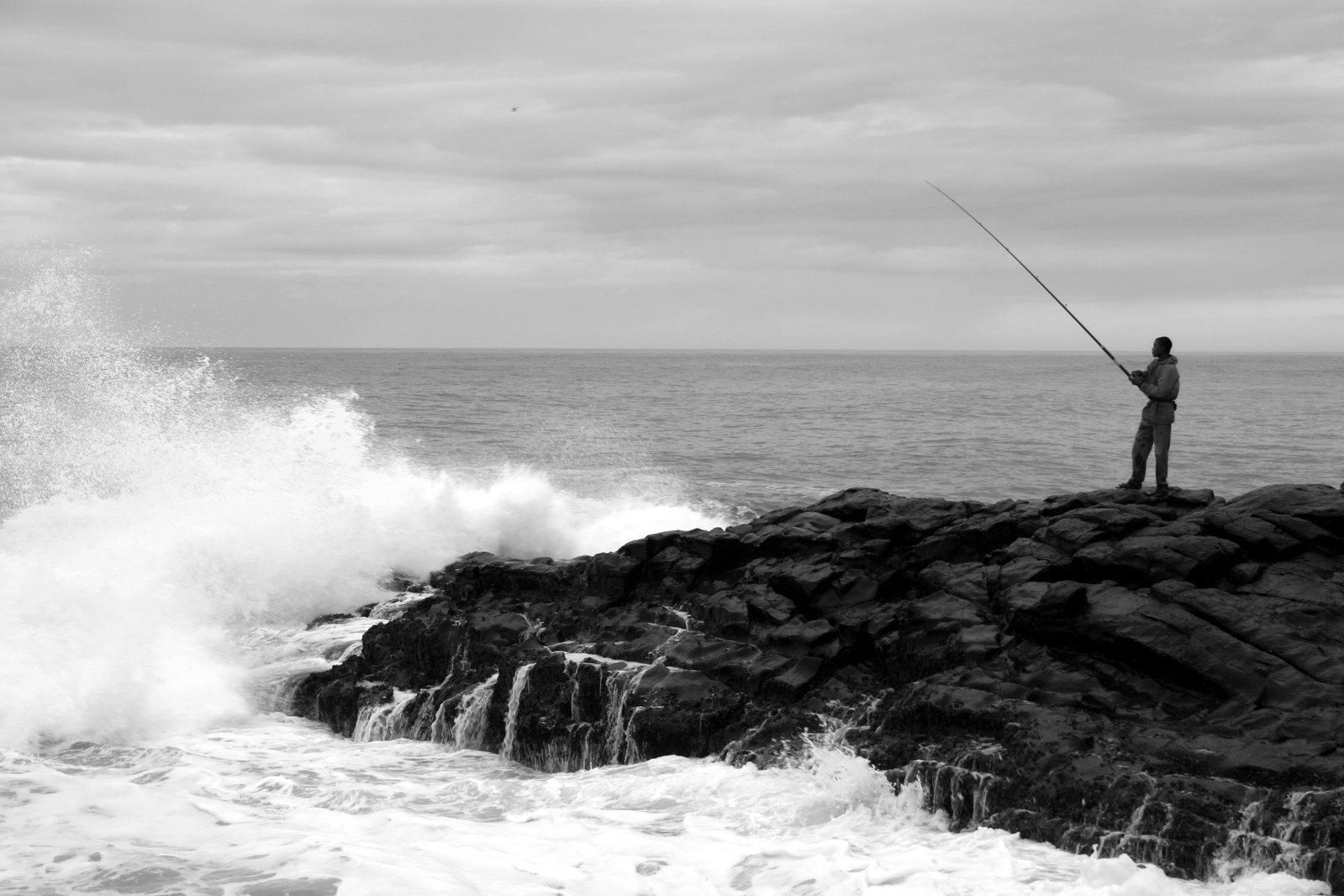
Sea Fishing
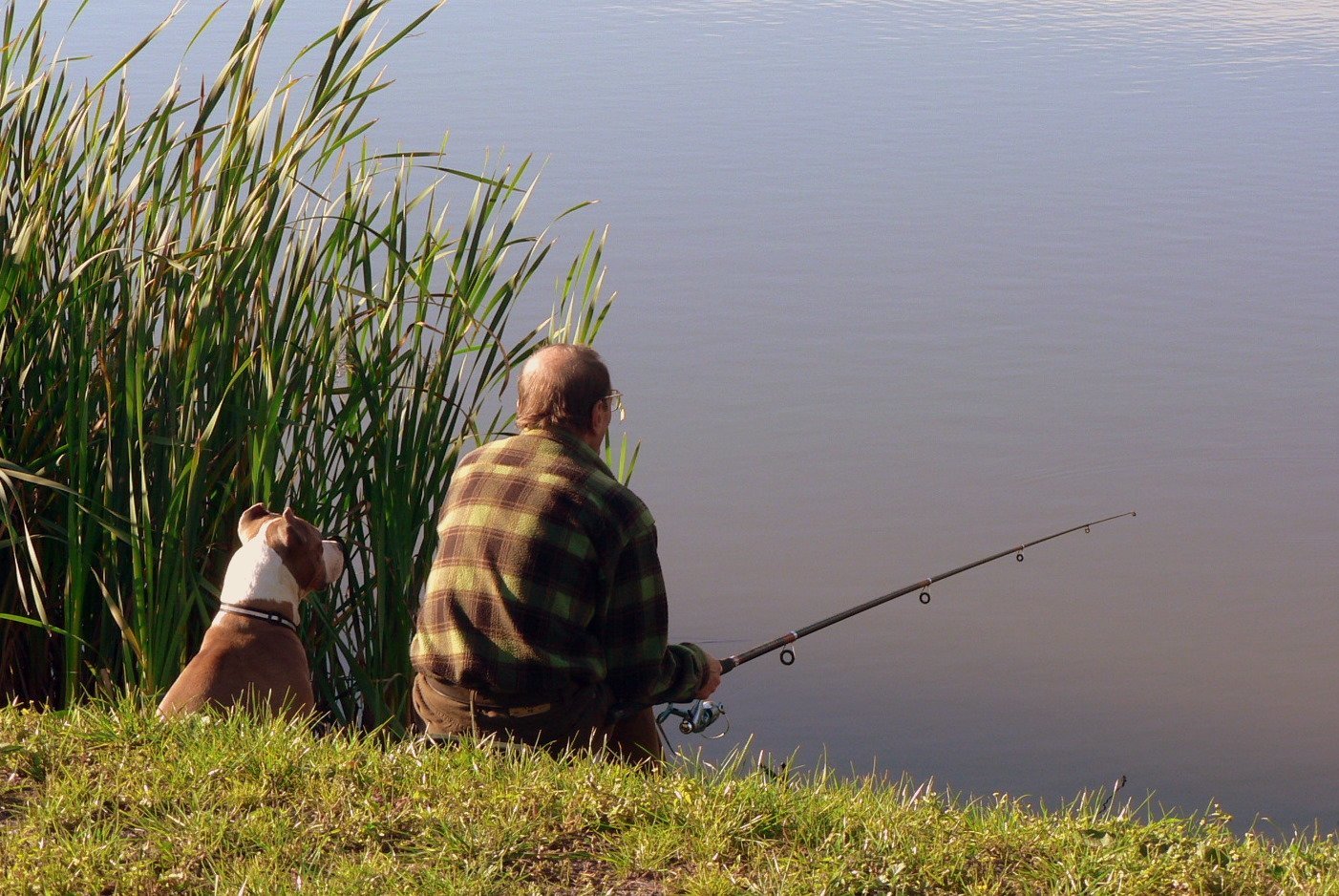
Depending on where you’re fishing from, sea angling presents many possible perils if you’re not careful. Some of them are listed below.
- Be wary of being cut off by the tide when fishing new rock marks and don’t become so engrossed that you don’t pay attention to the tide.
- Stay aware of the tide when beach fishing and, again, be careful not to get cut off. There is a considerable distance on some beaches between high and low tide marks.
- Carry safety equipment such as torches or headlamps, first-aid kit, mobile phone and even a life jacket depending on where or how you are fishing.
- Wear suitable footwear if fishing off potentially slippery rocks and make sure that the mark you’re intending to fish is easily accessible.
- Envisage how you will land a fish if you hook one and avoid fishing in places where this is hazardous. Do not risk falling in through lack of foresight.
- Check weather reports and continuously monitor the weather to ensure it doesn’t suddenly catch you off guard. Move to a safer spot if the weather worsens.
- Let someone know when you intend to return home, so an alarm may be raised if you do not arrive in reasonable time. You can always send a quick text message to alter your ETA.
Freshwater Fishing
Freshwater fishing is safer than sea fishing in as far as you can’t usually be caught out by incoming tides, but there are still deep, fast-flowing waters, slippery banks and personal safety to think about.
In rare cases, freshwater anglers have contracted Weil’s Disease, which is usually caught through rat urine contaminating the nearby soil or water. Precautions against that include covering any open cuts and wearing protective clothing such as waders or gloves. If symptoms do occur, you could go to livi.co.uk and see a GP within minutes via video for further advice.
Other safety tips for freshwater anglers include the following:
- Overhead power lines are sometimes uninsulated and have been known to cause fatalities among fishermen, especially those using “roach poles” as they were once called.
- Go fishing with friends in case of accidents or injuries, and/or take a mobile phone so you can call for help if you meet with a crisis.
- Be wary of choosing swims near deep water or with steep banks, if you are a weak swimmer or non-swimmer. In that case, pick swims with shallow depths and gradual declines.
- Take warm clothes, an adequate sleeping bag and a decent lamp if you are night fishing. A flask of tea or coffee is also good; don’t dehydrate.
Finally
Wherever you like to go fishing, stay safe. As long as you try and apply common sense and remain aware of your surroundings, you’ll always live to cast another day.


